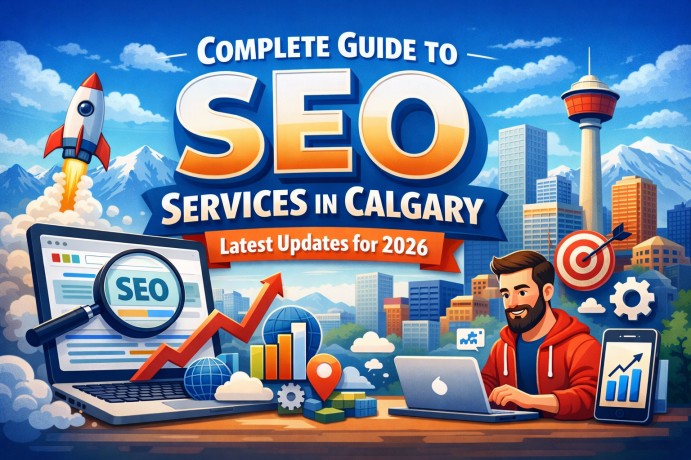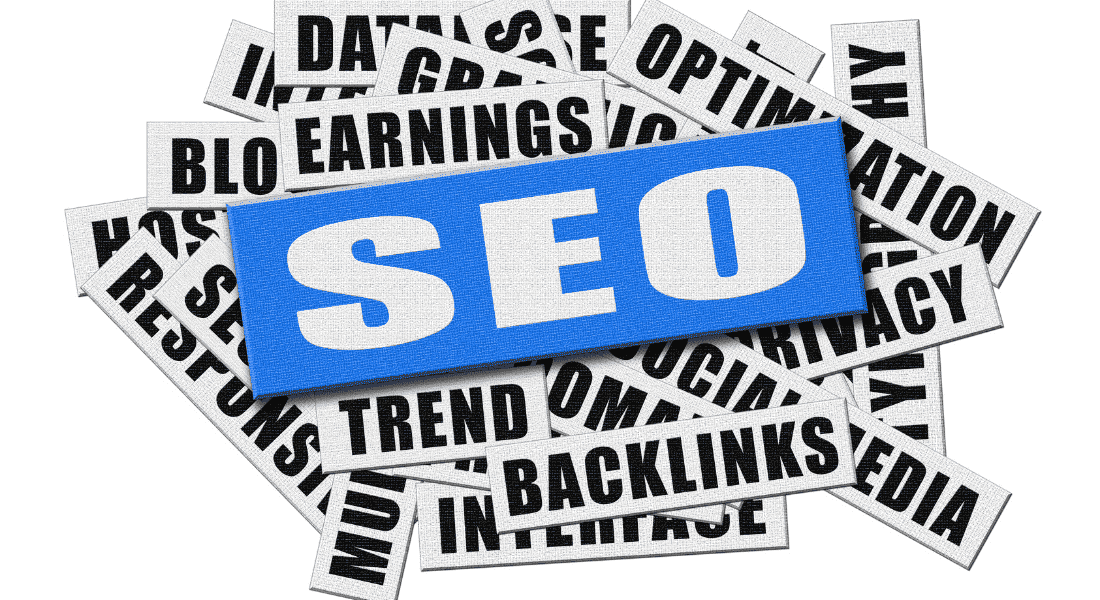In the fast-paced world of digital marketing, link building remains a critical strategy for enhancing a website’s visibility, authority, and search engine rankings. However, the process of acquiring quality backlinks is often riddled with pitfalls that even seasoned marketers and website owners can stumble upon. In this comprehensive guide, we’ll explore the most common link-building mistakes and provide actionable tips to ensure your link-building endeavors are not only successful but also contribute to the long-term growth of your online presence.
Mistake 1: Ignoring Link Relevance and Quality
One of the most frequent mistakes in link building is focusing solely on quantity rather than quality. Many marketers fall into the trap of amassing a large number of backlinks from any available source, without considering the relevance and authority of those sources. This approach can lead to a penalty from search engines and a diminished user experience. Instead, prioritize links from authoritative websites in your industry that share relevant content to your target audience.
Actionable Tip: Conduct thorough research to identify authoritative websites in your niche. Prioritize websites that have a strong online reputation, engaging content, and a substantial following. Outreach to these websites with personalized pitches that highlight the mutual benefits of linking.
Mistake 2: Neglecting Diversification
Relying on a single source or type of link can be risky. Search engines value a diverse backlink profile, as it signals natural link acquisition. Relying too heavily on a specific type of link, such as guest posts or directory submissions, can raise suspicions and potentially lead to penalties.
Actionable Tip: Diversify your link-building strategy by incorporating various tactics such as guest posting, influencer collaborations, broken link building, and resource page outreach. This will help create a balanced and organic backlink profile that search engines appreciate.
Mistake 3: Overlooking Anchor Text Variation
Anchor text, the clickable text in a hyperlink, plays a crucial role in SEO. Using the same anchor text repeatedly can raise red flags for search engines and may result in over-optimization penalties. Moreover, it’s essential to use anchor text that is relevant to the linked content.
Actionable Tip: Employ a mix of anchor text variations, including exact-match, partial-match, branded, and generic anchor text. Ensure that the anchor text aligns naturally with the context of the content it’s linking to.
Mistake 4: Neglecting the Importance of Outreach
Simply creating quality content is not enough to earn backlinks. Many marketers mistakenly assume that great content will automatically attract links. In reality, proactive outreach is necessary to get your content in front of potential link sources.
Actionable Tip: Develop a personalized outreach strategy that involves reaching out to relevant websites, influencers, and bloggers. Craft compelling pitches that emphasize the value your content brings to their audience, fostering a genuine interest in linking to it.
Mistake 5: Using Black Hat Techniques
Black hat techniques like buying links or participating in link schemes might yield short-term gains, but they can lead to severe consequences in the long run. Search engines are becoming increasingly sophisticated in detecting and penalizing such practices.
Actionable Tip: Stick to white hat techniques that focus on building relationships, creating valuable content, and earning links through legitimate means. It might take more time, but the rewards are sustainable and growth-oriented.
Mistake 6: Disregarding the User Experience
Links should enhance the user experience, not disrupt it. Placing links in irrelevant or overly promotional content can frustrate users and harm your website’s credibility.
Actionable Tip: Integrate links naturally within your content. Ensure that the linked pages provide additional value and context to users. A seamless user experience encourages visitors to stay on your site longer and explore further.
Mistake 7: Failing to Analyze and Adapt
Successful link-building strategies require constant monitoring and adaptation. Neglecting to analyze the performance of your backlinks can lead to missed opportunities and ineffective efforts.
Actionable Tip: Utilize tools like Google Analytics and Google Search Console to track the performance of your backlinks. Monitor changes in rankings, organic traffic, and referral traffic. Adjust your strategy based on the data to optimize results.
Mistake 8: Impatience and Unrealistic Expectations
Link building is a gradual process that requires patience and perseverance. Expecting immediate results can lead to frustration and hasty decisions that compromise the quality of your efforts.
Actionable Tip: Set realistic expectations for your link-building campaign. Understand that it takes time to see significant improvements in search rankings and organic traffic. Focus on consistent efforts and improvements over time.
Mistake 9: Neglecting Internal Linking
While external backlinks are crucial, internal linking should not be overlooked. Internal links help search engines understand the structure of your website and distribute authority among different pages.
Actionable Tip: Develop a comprehensive internal linking strategy that connects relevant pages within your website. Use descriptive anchor text to guide users and search engines to related content.
Mistake 10: Forgetting the Value of Content
Effective link building starts with valuable, high-quality content. Without content that resonates with your target audience, it’s challenging to attract and retain the interest of potential link sources.
Actionable Tip: Invest in creating exceptional content that addresses your audience’s pain points, answers their questions, and provides unique insights. Valuable content naturally attracts links from those who find it useful and informative.
In conclusion, link building remains an integral part of any successful digital marketing strategy. Avoiding these common mistakes and implementing the actionable tips provided above will set you on the path to building a strong and sustainable backlink profile. Remember that link building is a long-term endeavor that requires consistent effort, genuine relationship-building, and a commitment to providing value to both users and other websites. By steering clear of these pitfalls, you can elevate your website’s authority, visibility, and ultimately, your online success.




